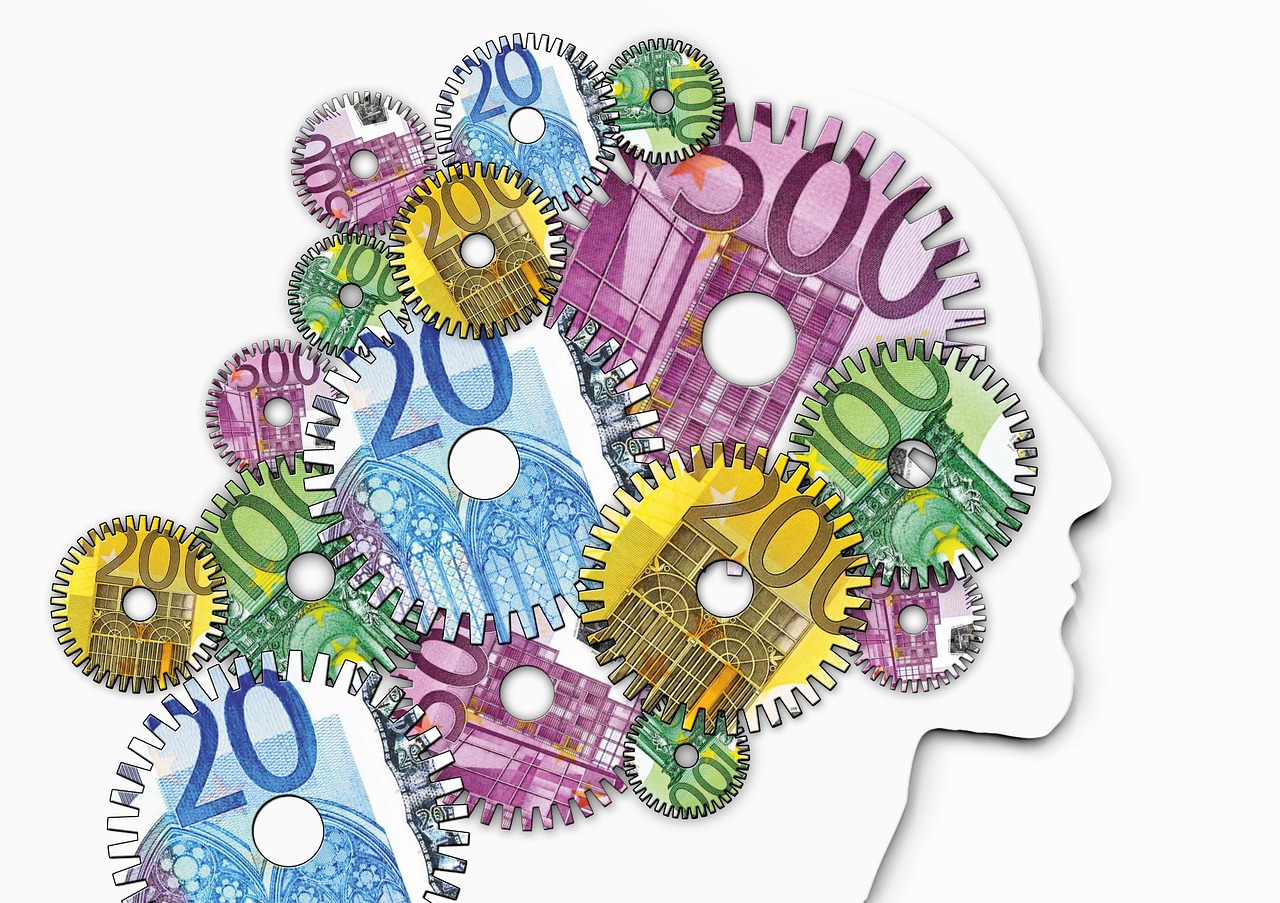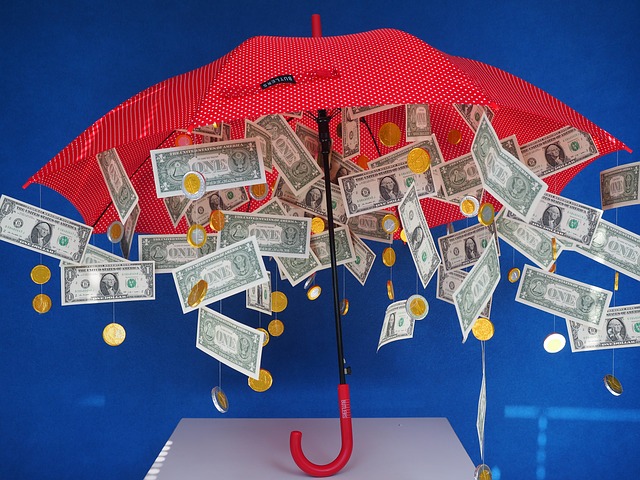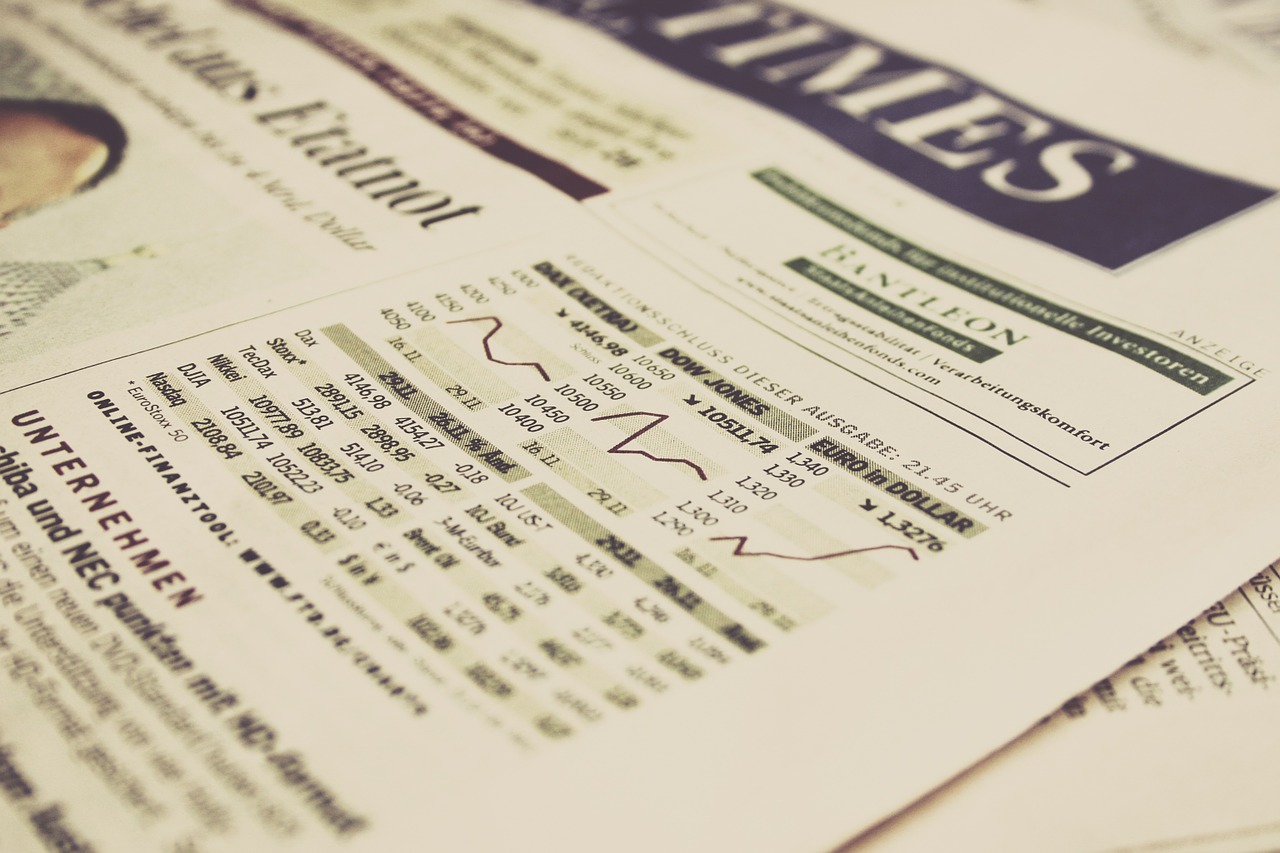Financial intelligence incorporates multiple dimensions and transcends the mastery of the concepts of finance.
Robert Kiyosaki says: “Financial intelligence refers not so much to how much money you earn, but how much money can you keep, how hard that money works for you and for how many generations it has been preserved.” Obviously, obtaining financial independence by constructing a business system (quadrant D) or by investing (quadrant I) requires that we have a degree of intelligence applied to the world of finance.
But financial intelligence is not only essential for those who live on the right side of the Cash Flow Quadrant; it is also needed by those at the left side: those who are not comfortable in their role of employees (quadrant E) or who independently and on their own work long hours to ensure economic sustainability (quadrant A). With certain knowledge and enough willingness to break emotional attachments, these people can begin to design a system of self-generating money and thus cross the threshold of their respective quadrants.
Obviously, financial intelligence is not limited to the mastery of the concepts of finance, but also is associated with leadership, strategic thinking, personal marketing, communication, negotiation, conflict management, social skills and management of emotional heritage, and others.
A good way to identify to what extent you possess financial intelligence, is checking the following items:
- Your income is greater than your expenses (you have capacity for saving).
- You manage to find new forms of income (in several quadrants simultaneously).
- You have identified your financial goals and you have designed your task list to achieve them.
- You know how to optimize and earn higher returns on capital.
- You feel you are on the right track to achieve your financial freedom.
The people possessing a meaningful financial intelligence always think big, and regardless of the circumstances surrounding them, continually design plans to enhance their assets and reduce their liabilities, thereby obtaining greater profitability and liquidity while they improve their quality of life.
If you want to have a financial culture that is your ally in the life project you’ve designed, you must start by understanding the functioning of money as well as the psychological aspects that drive people to use it in a certain way.
The more widespread and positive your Net Cash Flow is, the greater the leeway to deal with unexpected expenses will be.
One of the most basic terms of personal finance is the one known as the Net Cash Flow, so much so that your personal or family financial situation can be easily diagnosed by a quick glance at it.
The Net Cash Flow describes the revenues and expenditures of cash during a determined period of time (for example, a month or a year). If you spend less than you earn, your cash flow will be positive and will increase your net worth; on the other hand, if your expenses are greater than your income, your cash flow will be negative and you will be wasting your net worth, which is not sustainable over time and requires that you take a prompt decision.
The more positive and larger your cash flow is, the greater the leeway you will have to deal with unforeseen contingencies, as well as it contributing to obtaining the financial independence you want. Your peace of mind, freedom and quality of life will improve substantially.
To increase your cash flow, you don’t necessarily have to earn more money; you can increase it by reducing the amount of your recurring expenses (for example, the monthly utility bills), or decreasing unnecessary expenses (for example, buying the latest mobile phone or buying a bigger TV). Another way (maybe the fastest) is to reduce your debts (like Credit Cards or the loan for the purchase of your car).
In any case, always remember that what you are looking for with your financial decisions is to improve your quality of life and to progressively get closer to your goals. Maintaining your Net Cash Flow under control will help you achieve it.
If you want to start playing at the world stock market, the “blue chips” could be a good investment option
No wonder that a significant number of investors prefer to operate with the so called Blue Chips. This tems, which referes to casino blue chips (which are those that represent more value) is used in the stock exchange world to identify stocks of stable companies, financially solid, well-established and with products or services with good acceptance. Typically, blue chips correspond to the stocks of financial institutions globally recognized, as well as the leader multinationals in sectors like energy and telecommunications.
The shares of these businesses are very attractive to investors for their reliability, the evolution of the price is uniform, remaining stable to market swings; Blue chips can be traded when desired and, sometimes, payment of dividends (shareholder earnings) is done on a regular basis even though the company is not going through its best moment.
A good way to understand the blue chips is considering them as the premium stocks in the market: stable, with predictable yield (although lower than others) and with little financial risk, making them ideal for conservative investors, cautious and with little tolerance for uncertainty and risk.
As is to be expected in any investment, profitability is proportional to the risk; in the case of the blue chips, profitability is fairly low and due to high demand, these stocks tend to have higher prices, so they are not attractive for those who want quick profits; however, they are a good way to start playing on the market.
Had you ever thought about being a shareholder of a large bank? By buying blue chips, you are not only taking your first steps into the world of investments and getting dividends from time to time, but also, you will be owner of a small part of that business; a very small part, but that is the starting point.
It’s said that money is the root of all evil. Some popular sayings like: “more money, more problems”, or “blessed are the poor” invite us to think that on occasions, it’s preferable to not have money because it changes people and, in many cases, it’s the root of severe personal and family conflicts.
At the same time, when you have enough money, you feel that life is more bearable, less worrisome; what previously overwhelmed you, now you see from another perspective. Having financial freedom makes you see the world with more light, you live carefree, you breathe air of safety and self-esteem, you can afford to buy a house, a nice car, enjoy holidays and of course pay religiously all monthly receipts and obligations which you have committed to.
Historically, money has always been stressful, but lately, the list of elements that generate tension and anxiety is being led by issues related to money, and with good reason. If we recognize how difficult it is to earn a living, it’s no wonder that we are so sensitive about the issue of money, and there are so many people that suffer day after day, building irreversible consequences for their physical and emotional health.
Pay attention to these facts about how money impacts stress levels
- The lower the income, the greater the propensity to stress. The American Psychological Association (APA) has shown that in recent years, people with lower income are more likely to suffer from stress. This contrasts with a study in 2007, in which a significant correlation between income and stress levels experienced by people who participated in the study was not found.
- Feeling the inability to pay for health care can really make you sick. Money problems cause stress that can lead to health complications for two basic reasons: firstly, you become ill due to stress; but at the same time, you neglect your health because you are too focused on money problems and also because you’re convinced that you do not have enough slack to allocate some of that money to health care, or you feel you must save the little money you have to meet mandatory and extremely necessary expenses. Under these conditions, health rapidly deteriorates, increasing vulnerability to serious events such as strokes or heart attacks. Moreover, the loss of health, the burdens and concerns, significantly influence the responsiveness to overcome the crisis; you cannot think straight, much less evaluate opportunities and choices you have to take to make smart decisions based on your personal circumstances and family. This generates more stress and a tendency to eat in an unhealthy way, to overeat and to have irregular sleep patterns. As you can see you get into a vicious circle that is difficult to escape
- You will never be able to buy with money one of the best antidotes for stress. In most cases, emotional support from family and friends is the only truly effective way to reduce stress and combat its effects. The simple fact of having the support of people who may help you in your worst moments, increases your tolerance to uncertainty and dramatically reduces stress levels. A survey by the APA in 2014, concluded that 43% of people who reported not having emotional support, increased their level of stress in the last year, compared with 26% of those who acknowledged such support.
You may have noticed the importance of preventing stress from taking root in your life, and even more money-related issues. To prevent this, the American Psychological Association makes a set of recommendations which are briefly summarized as follows:
1) Do not panic or fall into negativity; on the contrary, you should remain calm and focus your mind on the solution.
2) Identify factors that really cause financial stress. This is a must to develop specific action plans to overcome each of these factors.
3) Assess the way you are handling money related stress (smoking, alcoholism, depression, abuse, violence, etc.) and establish the necessary corrective measures before the conflict becomes more difficult to resolve.
4) Avoid the routine and find new ways to help turn bad times into real opportunities for personal growth.
5) Ultimately, if none of these recommendations take effect and you’re still overwhelmed by your financial worries, it will be very useful and convenient to seek professional support.
Convert savings into a habit is useful, easy and fun
It is likely that throughout our lives we go through periods of major economic problems. Growing debts and unpaid bills that accumulate are the first signs that announce that we are on the threshold of a financial problem.
With the emergence of these problems many people try to find the possible culprits of their bad situation; but all they do is lose energy and time while weaken personal relationships including family.
Faced with a poor economic situation, first thing to do is prove enough emotional strength to stay calm and look optimistically for the future. Think that what we are talking about is just problems associated with money, and money problems can be solved.
Always try to get the money you need doing what you really love
When you have the ability to satisfy all your financial needs, without relying on anyone nor doing something that you do not like, you may say that you enjoy an economic wellbeing and that you have financial freedom.
The opposite of financial freedom is the financial dependence, this is when people are dependent on others to provide them the money they need to cover the expenses for their needs and support their lives.
- ← Previous
- 1
- 2
- 3








MONEY RACE STUDIOS 2020 - ALL RIGHTS RESERVED - LEGAL NOTICE - PRIVACY POLICY